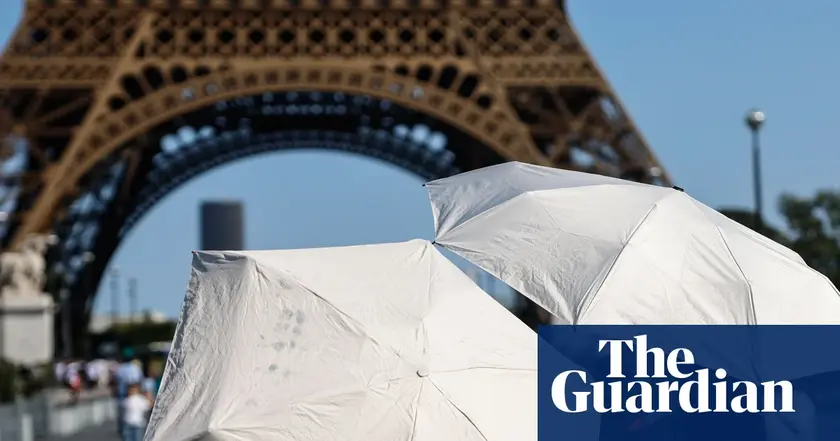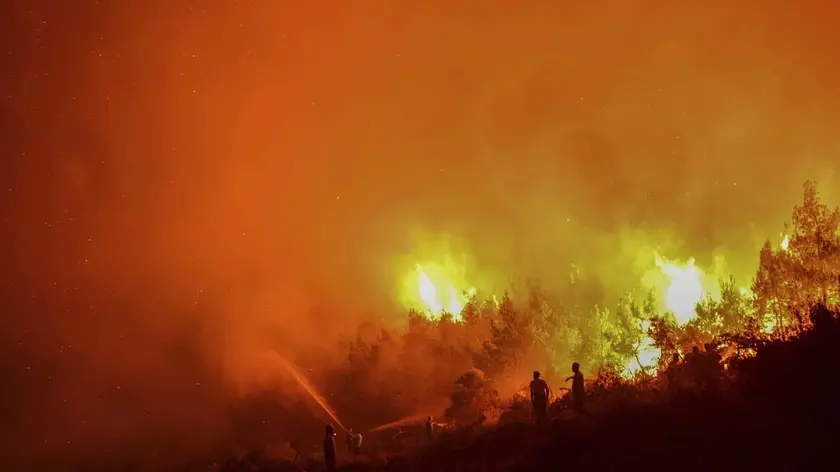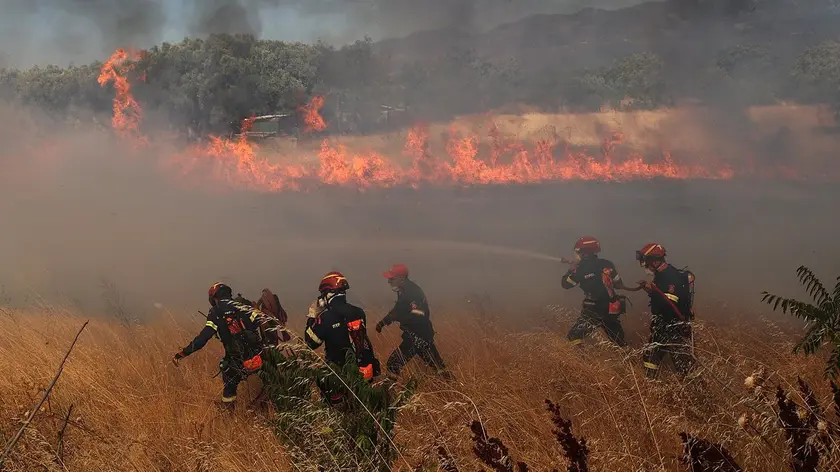T4K3.news
Europe faces record heat waves in 2025
Two major heatwaves strain health, energy and cities as experts warn more extreme days lie ahead.

Back-to-back European heatwaves test health systems, energy grids and urban planning while displacement and disease risk rise.
Europe Faces Record Heat Waves in 2025
Two back-to-back heatwaves swept Western Europe from mid-June to early July, pushing temperatures above 40°C and hitting 46°C in parts of Spain and Portugal. The heat fueled wildfires, strained power grids and contributed to hundreds of heat-related deaths. Researchers from the European Centre for Medium-Range Weather Forecasts and Copernicus say this pattern fits a warming climate and could recur with greater intensity.
A Grantham Institute analysis found that about 1,500 of 2,300 estimated heat-related deaths in 12 major European cities were linked to extra heat from fossil-fuel emissions. The study compared actual temperatures during the late June heatwave with estimates of temperatures without human-caused climate change and used health models to estimate the toll. The danger fell hardest on people aged 65 and over. An Austrian study found districts with older populations saw around 50% more deaths on very hot days, and researchers caution that the true toll may be higher due to undercounted deaths. Data from the Internal Displacement Monitoring Centre show thousands displaced by wildfires linked to heat, including 50,000 evacuations in Turkey and 14,000 around Athens, with wildfires disrupting infrastructure in Sardinia. Global figures from 2024 show 45 million people displaced by weather disasters, and projections warn that by 2050, billions may live in countries facing ecological threats. Experts urge cities to expand cooling green spaces, modify buildings to dissipate heat and strengthen heatwave warning systems, especially in hospitals and care homes.
Key Takeaways
"We’ll see more dramatic consequences for populations."
Roman Hoffmann on growing harm from recurring heat
"The true toll could be even higher."
Hannah Schuster on undercounting heat deaths
"Better heatwave warning systems are essential in hospitals and care homes."
Peter Klimek on urgent safeguards
"This year is already record-breaking when it comes to wildfires."
Ivana Hajžmanová on displacement
The episodes lay bare heat as a health equity issue. Older residents, outdoor workers and residents of dense, poorly cooled cities face outsized risk, while health systems shoulder new loads from heat-related illnesses. Counting deaths remains a challenge, as many heat-related fatalities are recorded under other causes, obscuring the true impact on communities. These dynamics complicate policy responses that must balance short-term relief with long-term protections.
In the near term, stronger warning systems, hospital preparedness and community care will matter as much as electricity and water supplies. In the longer term, urban design and building codes that promote cooling, plus investments in green infrastructure, could reduce exposure. The data suggest mild-climate regions have lagged in heat resilience, making upcoming hot days a budget and political test for Europe. As heat days rise, the question becomes whether cities can move from reactive firefighting to proactive protection.
Highlights
- Heat is not a one day event it reshapes lives
- We need warning systems that reach every care facility
- This year already sets a grim wildfire record
Heat crisis tests budgets and political resolve
The article ties heat impacts to health risk, displacement and infrastructure needs, raising policy and budget challenges for both immediate relief and longterm adaptation. Public reaction to costly investments in cooling and warning systems could become a political battleground.
Heat resilience is a shared duty for health, housing and energy policy alike
Enjoyed this? Let your friends know!
Related News

U.S. sees 15 billion-dollar weather disasters in early 2025

Over 120 million Americans facing extreme heat warnings

Heat and fires disrupt Southern Europe holidays

Record muggy heat hits the eastern United States

Cyprus wildfires force evacuation of villages amid extreme heat

UK faces fourth heatwave

Wildfires hit Europe as heatwaves continue

Japan's record heat raises water management concerns
